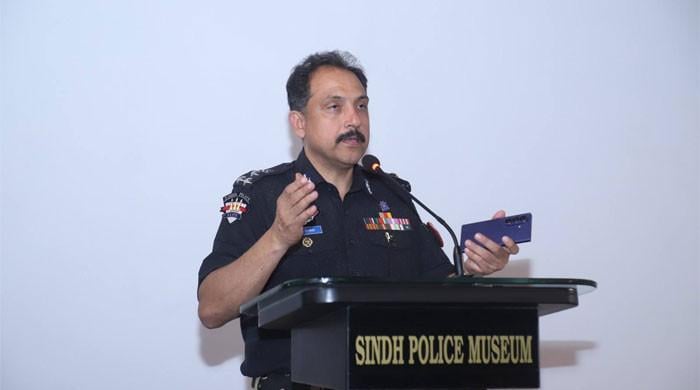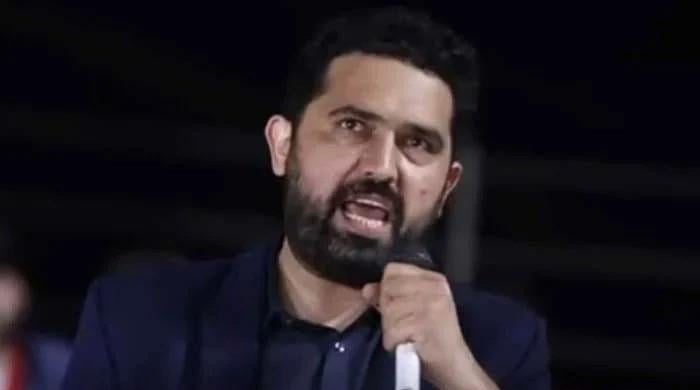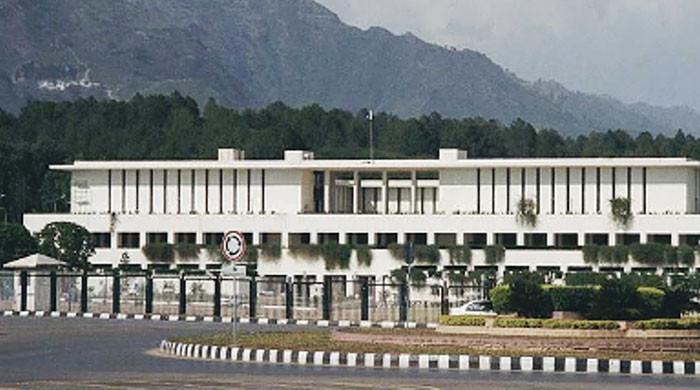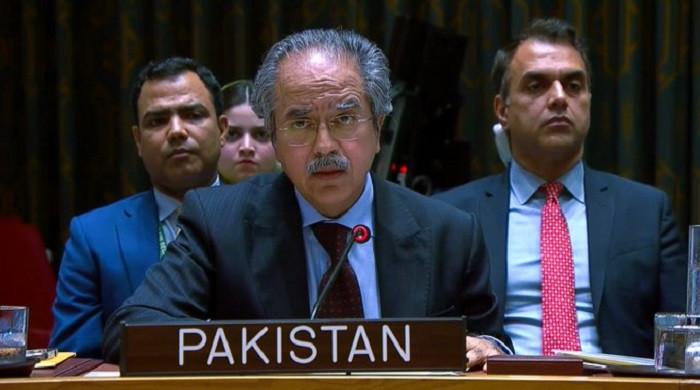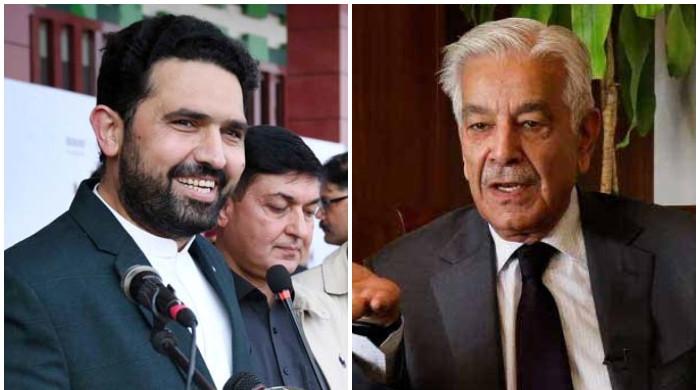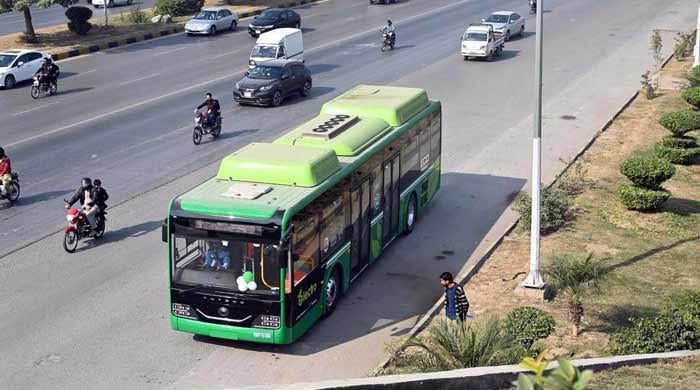Fazl says will offer prayers at home during Ramazan as protective measure against coronavirus
JUI-F chief says the agreement between the government and Ulema should be respected
April 18, 2020
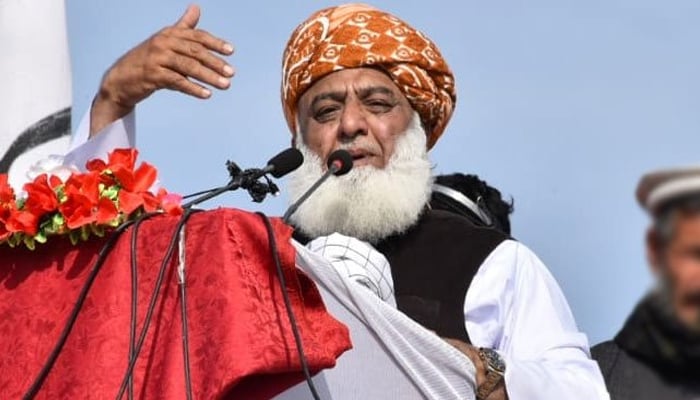
Jamiat Ulema-e-Islam-Fazl (JUI-F) chief Maulana Fazl ur Rehman said on Saturday that he will offer Taraweeh prayers at home during the holy month of Ramazan and practice social distancing.
"I will take precautions by offering prayers, including Taraweeh prayers at home," he said, during his interview with journalist Saleem Safi on Geo News programme Jirga. "I will try not to go to any mosque and be the cause of a public gathering there."
Fazl said that he will offer prayers at home with his brothers and nephews. In response to a question, he said that the agreement between the government and the ulema should be respected.
"In my opinion, when a consensus is formed on an issue and an Ijmah is formed, then that Ijmah should be respected," he said. "My personal opinion then remains my personal opinion," he added.
The JUI-F chief said that he had presented his recommendations regarding SOPs for mosques during the month of Ramazan at a religious gathering in Karachi. He said that a forum was formed and their recommendations matched his.
Fazl said that the suggestions from Indian ulema on the subject were also similar and an Islamic scholar from Nepal was very clear that very people should go to mosques to offer prayers in congregation.
Government, ulema reach agreement on Taraweeh prayers during Ramazan
A meeting was held earlier in the day between President Arif Alvi and Ulema to arrive at an agreement on holding religious events during Ramazan and safety precautions for mosques.
Read more: President Alvi says mosques will remain open for tarawih, urges precaution while observing prayers
A 20-point agreement was finalised between both sides.
1. No carpets or dariyaan (mats) to be laid down in mosques because the virus is airborne. Clean floors for prayers must be ensured.
2. If people want to bring prayer mats from home they may do so.
3. No gatherings after namaz/tarawih will be permitted.
4. If a mosque has an open area/garden it is preferable to conduct prayers there.
5. People over 50 years of age, children should not be allowed in mosques.
6. Everyone must follow the instructions of social distancing by WHO and other health experts.
7. Tarawih should not be conducted on roads, footpaths and anywhere else than the mosque premises.
8. People should continue to keep observing regular prayers at home.
9. Masjid, Imambargah floors should be washed with chlorinated water regularly.
10. There should be a six-feet distance during congregational prayers/
11. The mosque should form committees to ensure that people are abiding by the rules and decided SOPs.
12. Markers should be made on the floors of mosques and Imambargahs to guide people about the distance they should keep from others.
13. People should do ablution at home.
14. People must wear face masks when coming to mosques and maintain physical distance.
15. People must avoid handshakes.
16. Itikaf must be observed at home.
17. No one must prepare or hold Sehri and Iftaar in mosques.
18. Mosque committees should be in constant contact with the provincial government.
19. Mosques committees are allowed to conduct tarawih under these SOPs.
20. If during Ramazan, government authorities feel that the situation has got out of control and the number of cases surge, the authorities can review the decisions taken.




